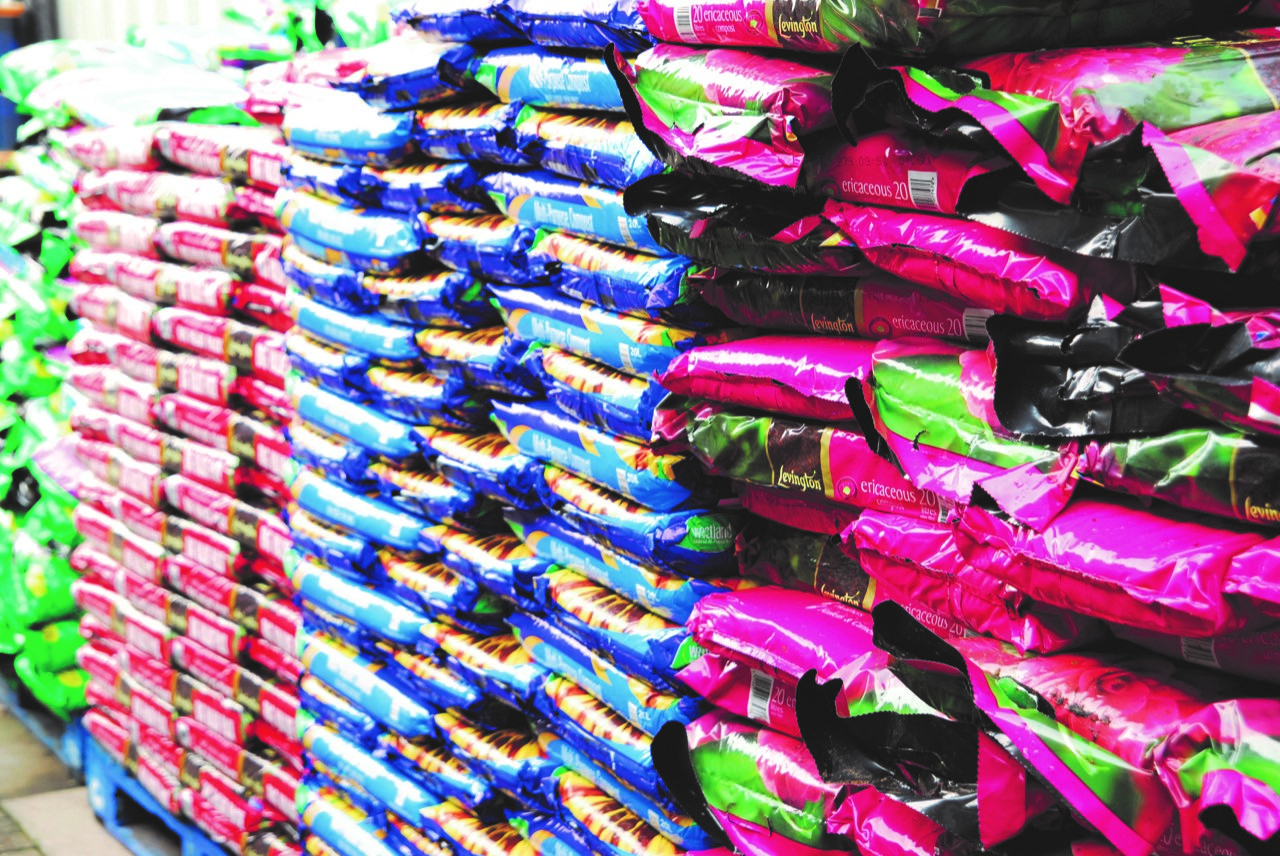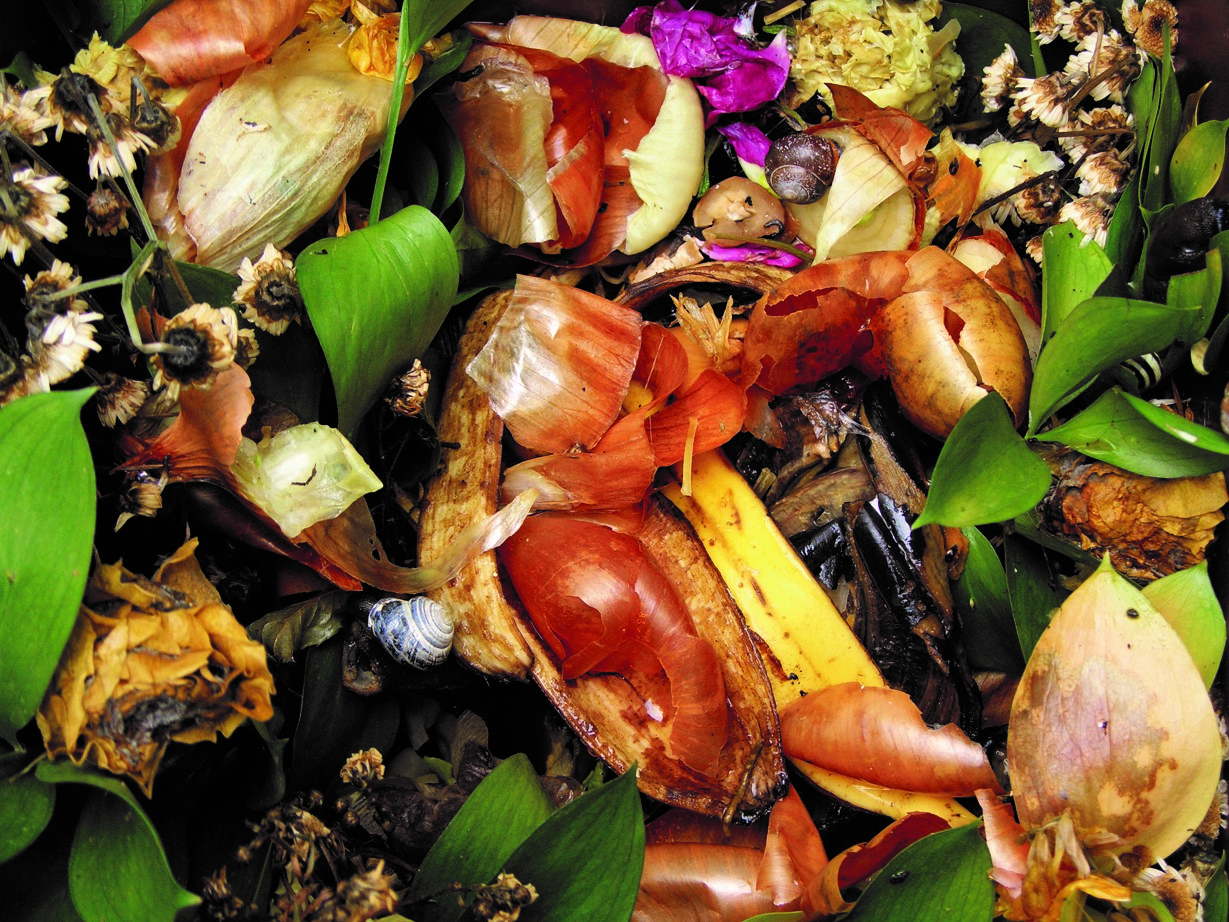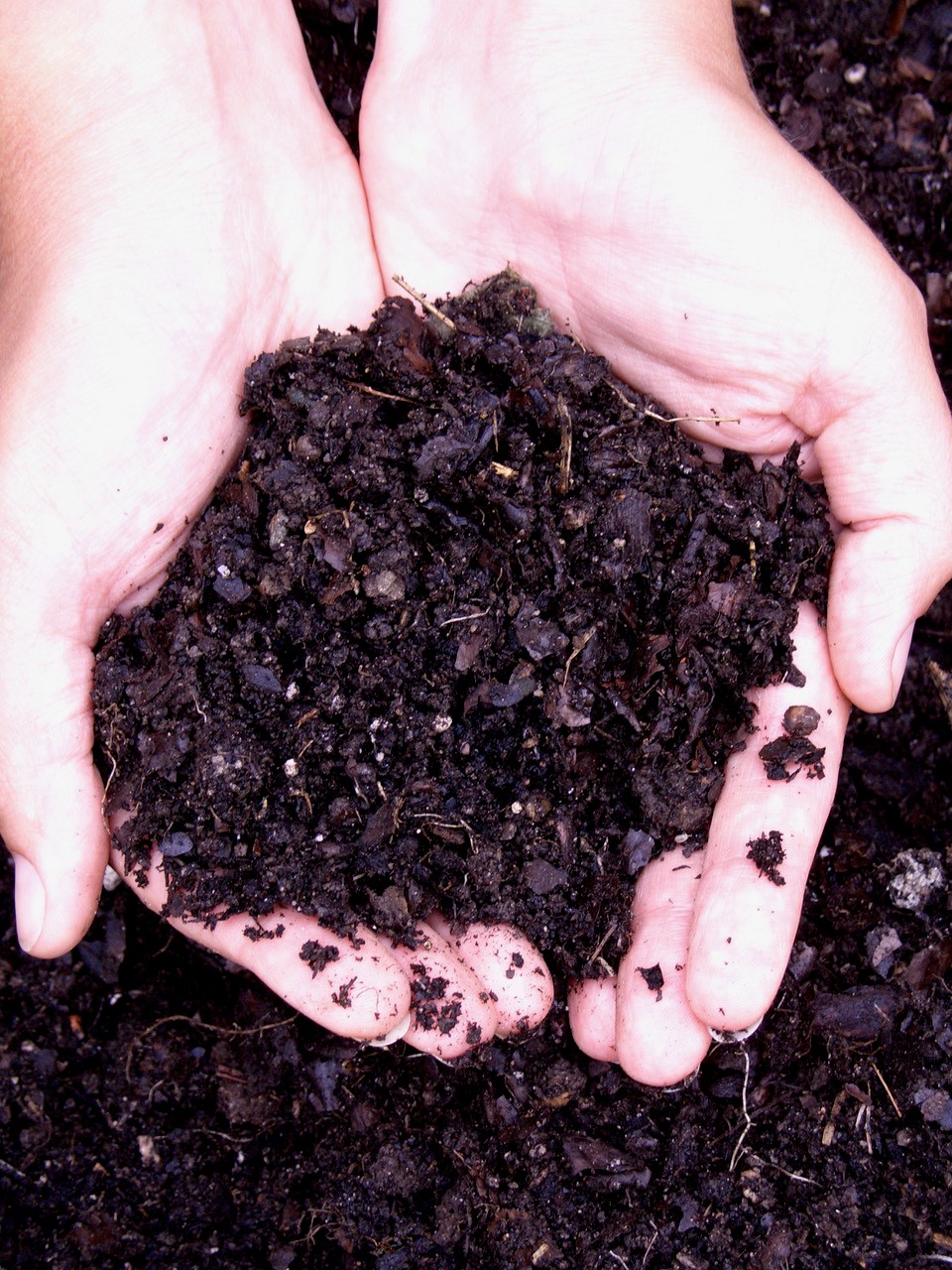
Are you confused about compost? Jean Vernon unravels the mystery
If you watched the ITV documentary last month about garden centres, you could be forgiven for being confused about compost.
In fact compost is one of the most misunderstood subjects in gardening and that’s mostly because of what we call it. There are two totally different genres when it comes to compost. There’s the compost that we make in our gardens from waste materials to produce a valuable soil conditioner to improve the garden soil. This is not the same as the bagged Compost (let’s give it a capital C to make things easier) that we might buy in the garden centres to fill our pots and containers with to grow our summer displays. This, although it is called Compost, is technically described as growing media. There are many variations of this Compost available for different types of plants and indeed different stages of growth. It contains a mix of ingredients and fertiliser to give your plants the correct conditions for root growth. Historically growing media was comprised mostly of peat, or a mix of peat and loam.

Bagged growing media featured on the programme because peat is an ingredient still used in many different forms of growing media (Compost). Peat is a naturally occurring resource that has formed over millennia as part of an ecological habitat, has historically been used in the horticultural industry to grow plants. But in its raw state, in the peat bog, it is a carbon sink and more importantly a precious wildlife habitat that needs to be revered and preserved. Hence the use of peat in growing media is under the spotlight. Peat is being slowly phased out as an ingredient in growing media and replaced with a variety of alternative materials including coir, green waste and wood fibre. The question of the eco credentials and availability of some of these alternatives hasn’t really been explored. The cessation of the use of peat is just not happening fast enough for environmentalists and there is a lot of confusion regarding the labeling and messages to the consumer. But there are now a number of manufacturers making excellent peat free Compost to use instead. But it is still called Compost.
Garden compost

The material that we make from our garden and kitchen waste in a bin or on a heap is also called compost (small c compost). It’s the end product of a decomposition process that breaks down our grass clippings, prunings, cardboard, leaves, kitchen peelings and more into a rich, crumbly material for conditioning the soil. This material is a really valuable ingredient to improve the soil, adding organic matter, nutrients and for improving soil structure. It’s perfect for planting, mulching or simply feeding the soil. You can make your own compost in different ways depending on the amount of waste you need to recycle and your living circumstances. A worm bin for example thrives on being fed a small amount of waste, especially kitchen
peelings every day. You are feeding the worms a little and often and they are eating the waste and turning it into wonderful, nutrient rich worm casts. If you’ve got a lot of waste and a bigger garden you need a larger composting system. But to be effective a larger system such as a HotBin needs filling completely with a balanced mix of wet and dry material. This creates a kind of critical mass, where the microbes within the composting materials fire up and start to decompose the waste. They feed on the nitrogen in the garden waste and create heat as a waste product. This is why you sometimes see steam rising from an efficient compost system. A hot and fast composting system is what we strive for. Making your own garden compost is a great thing to do. It’s a form of recycling. It can be used to improve the soil and feed your plants. It’s free. You can use the resulting compost when you plant perennials, trees and shrubs in your garden. It will save you money.
So Compost and compost are very different but they both have an important role to play in the garden.


